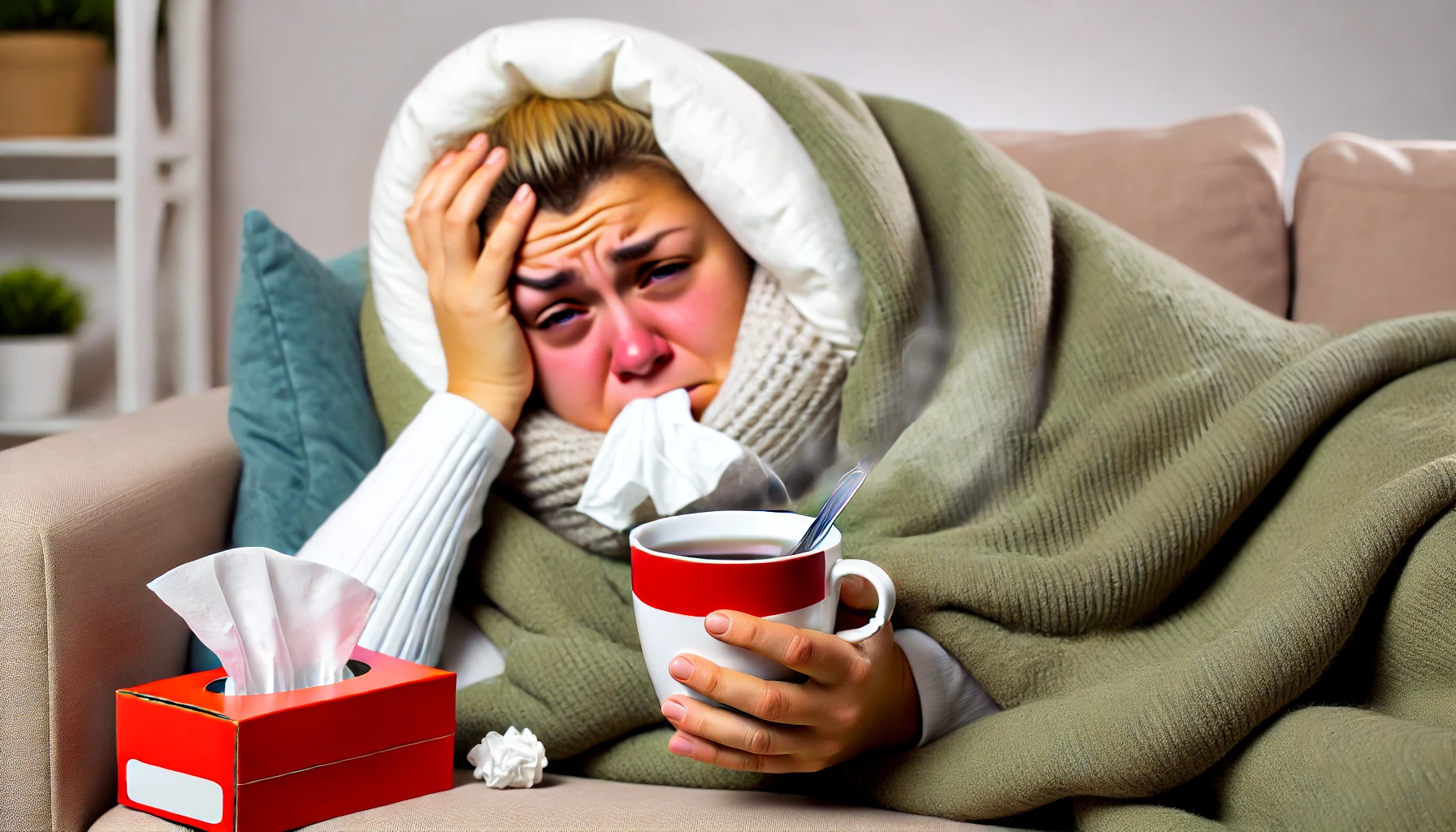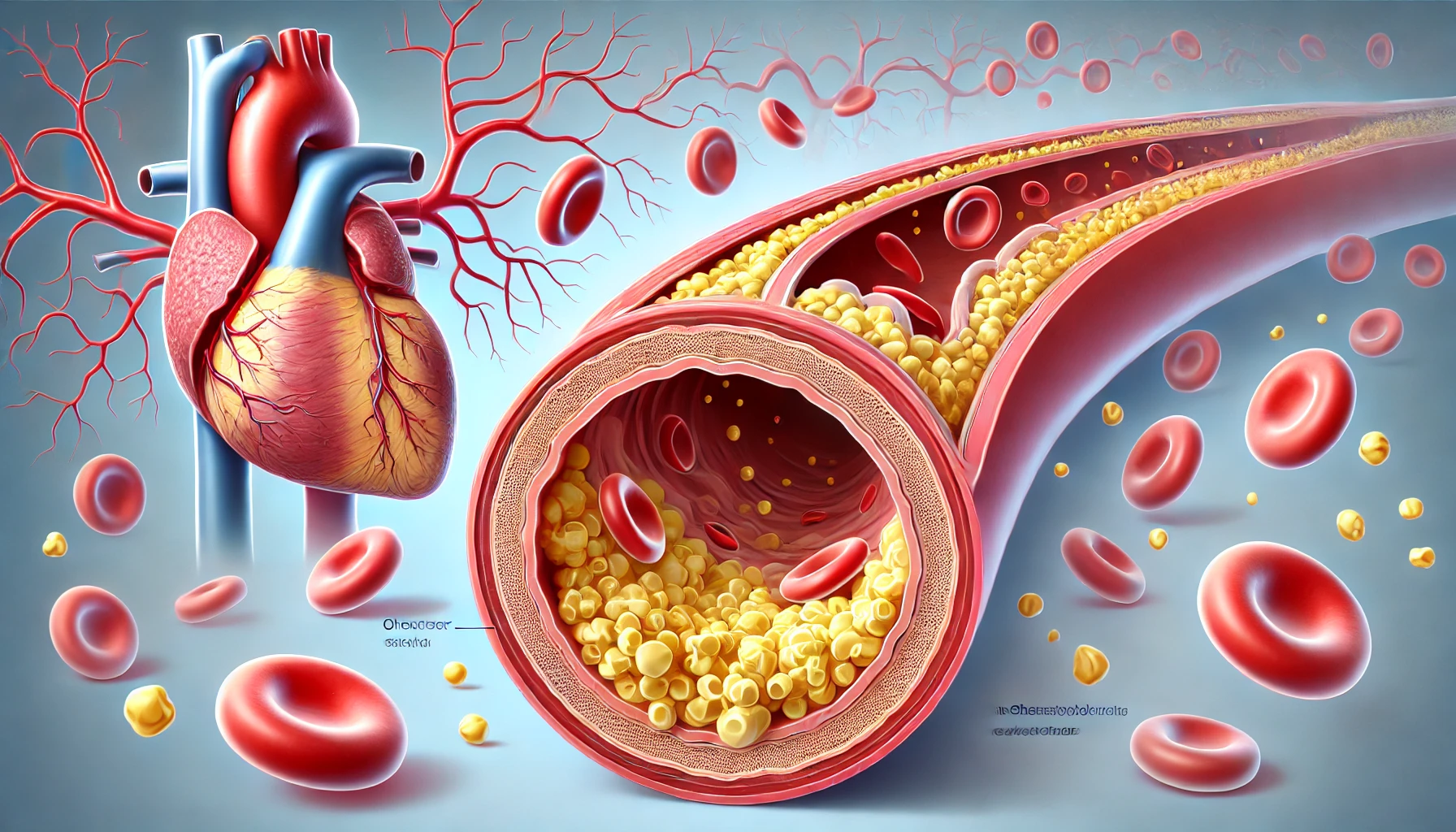
Depression, or major depressive disorder (MDD), is more than just feeling sad or having a bad day. It’s a serious mental health condition that affects millions of people worldwide. Despite its prevalence, there’s still a lot of misunderstanding and stigma surrounding it.
Whether you or someone you know is dealing with depression, understanding the basics can help. Here are 10 important things to know about depression to build awareness, empathy, and hope.
1. Depression Is a Medical Condition
First and foremost, depression is not a choice or a sign of weakness—it’s a medical condition. Like diabetes or heart disease, it requires understanding, treatment, and sometimes long-term management.
It’s caused by a combination of factors, including brain chemistry, genetics, and life experiences. Simply “cheering up” or “thinking positively” isn’t enough to overcome it.

10 Things You Need to Know About Depression
2. Symptoms Go Beyond Sadness
Depression is often associated with sadness, but it’s much more complex than that.
Common Symptoms Include:
- Persistent feelings of sadness, hopelessness, or emptiness.
- Loss of interest or pleasure in activities once enjoyed.
- Changes in appetite or weight.
- Difficulty sleeping or sleeping too much.
- Fatigue or low energy.
- Trouble concentrating or making decisions.
- Feelings of worthlessness or guilt.
- Physical symptoms like headaches or stomachaches.
- Thoughts of self-harm or suicide.
If you or someone you know experiences these symptoms for more than two weeks, it’s important to seek help.
3. It Affects People Differently
Depression doesn’t look the same for everyone. Some people may appear withdrawn and quiet, while others might seem irritable or restless.
It also varies in severity:
- Mild Depression: Symptoms may interfere with daily life but are manageable.
- Moderate Depression: Symptoms significantly affect work, relationships, and self-care.
- Severe Depression: Symptoms are debilitating and may include thoughts of self-harm or suicide.
Understanding this variability can help reduce judgment and foster empathy.
4. There’s No Single Cause
Depression is usually the result of multiple factors working together.
Possible Causes Include:
- Genetics: A family history of depression increases the risk.
- Brain Chemistry: Imbalances in neurotransmitters like serotonin and dopamine.
- Life Events: Traumas, loss, or chronic stress.
- Health Conditions: Chronic illnesses or hormonal changes.
- Medications or Substance Use: Certain drugs or alcohol misuse.
Understanding these causes underscores that depression isn’t anyone’s fault.
5. Treatment Is Highly Effective
The good news? Depression is treatable. With the right approach, most people experience significant improvement in their symptoms.
Common Treatment Options Include:
- Therapy: Cognitive-behavioral therapy (CBT), talk therapy, or other modalities.
- Medication: Antidepressants can help balance brain chemistry.
- Lifestyle Changes: Regular exercise, a balanced diet, and good sleep hygiene.
- Support Groups: Connecting with others who understand can be incredibly healing.
Seeking help early can make a big difference in recovery.
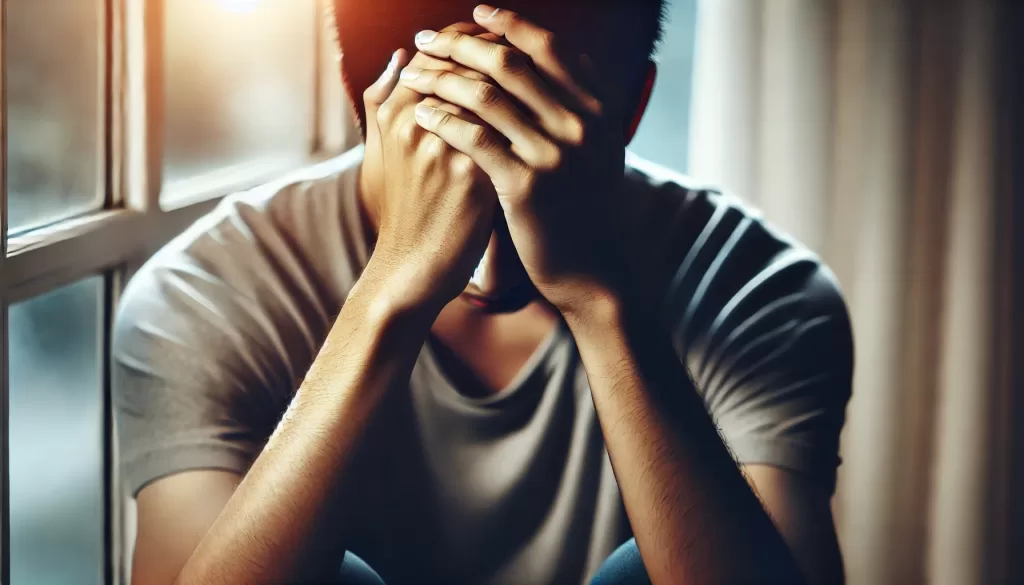
10 Things You Need to Know About Depression
6. It Can Happen to Anyone
Depression doesn’t discriminate. It affects people of all ages, genders, ethnicities, and socioeconomic backgrounds.
Some Groups Are at Higher Risk:
- Women (due to hormonal changes).
- Teens and young adults.
- People with a history of trauma or abuse.
- Those with chronic illnesses.
Recognizing that depression can affect anyone helps break down the stigma surrounding mental health.
7. It’s Not Always Visible
You can’t always tell if someone is struggling with depression. Many people put on a brave face and continue with their daily responsibilities despite feeling terrible inside.
Look Out For:
- Withdrawal from friends and activities.
- Changes in behavior, like irritability or lethargy.
- Subtle mentions of hopelessness or feeling “tired all the time.”
If you suspect someone might be struggling, check in with them gently and offer your support.
8. Support Can Make a Huge Difference
If someone you care about is dealing with depression, your support can be life-changing.
How to Help:
- Listen Without Judging: Sometimes, just being there is enough.
- Encourage Professional Help: Offer to help them find a therapist or doctor.
- Be Patient: Recovery takes time, and there will be ups and downs.
- Educate Yourself: The more you understand, the better you can support them.
Remember, you don’t have to “fix” them—just being a kind and understanding presence is invaluable.
9. Self-Care Isn’t a Cure, But It Helps
While self-care alone isn’t enough to treat depression, it’s a valuable part of recovery.
Simple Self-Care Tips:
- Start with small, manageable goals (like taking a short walk).
- Practice mindfulness or relaxation techniques.
- Stay connected with loved ones, even if it feels hard.
- Avoid alcohol and recreational drugs, which can worsen symptoms.
Encourage self-compassion—every small step matters.
10. Seeking Help Is a Sign of Strength
Finally, reaching out for help is one of the bravest things you can do if you’re struggling with depression. It’s not a sign of weakness—it’s a step toward healing.
Where to Start:
- Talk to your primary care doctor.
- Reach out to a therapist or counselor.
- Call a mental health hotline if you need immediate support.
You don’t have to face depression alone. Help is available, and recovery is possible.
Understanding the Stigma Around Depression
One of the biggest barriers to seeking help for depression is the stigma attached to mental health issues. Many people worry about being judged or misunderstood, which can make an already difficult situation feel even worse.
Breaking the Stigma:
- Talk About It: Open conversations about mental health normalize the experience and encourage others to seek help.
- Educate Yourself and Others: Understanding that depression is a medical condition, not a personal failing, helps shift perceptions.
- Challenge Stereotypes: If you hear someone downplaying depression or making insensitive comments, gently correct them with facts.
- Lead with Empathy: Approach the topic with kindness and a willingness to listen.
The more we talk about depression, the less power stigma holds. Remember, everyone deserves understanding and support.

10 Things You Need to Know About Depression
Coping With Depression: Strategies for Daily Life
Living with depression can feel overwhelming, but small, consistent actions can make a difference. These strategies won’t replace professional treatment, but they can complement it and help you navigate the tough days.
Daily Coping Tips:
- Create a Routine: Depression can disrupt daily life, but having a simple routine can provide structure and stability.
- Set Small Goals: Focus on manageable tasks, like making your bed or going for a short walk. Celebrate every accomplishment, no matter how small it feels.
- Stay Connected: Isolation can make depression worse. Reach out to friends or family, even if it’s just a quick text or call.
- Practice Gratitude: Writing down one or two things you’re thankful for each day can shift your mindset over time.
- Limit Negative Input: Avoid situations, people, or media that drain your energy or exacerbate your symptoms.
These steps may feel small, but they can add up and provide a foundation for healing.
Supporting a Loved One With Depression
If you’re supporting someone with depression, it can be challenging to know the right things to say or do. It’s natural to feel helpless at times, but your support can make a significant impact.
Dos and Don’ts:
- Do Listen Without Judgment: Sometimes, all someone needs is a safe space to share their feelings.
- Do Encourage Treatment: Offer to help them find a therapist or attend appointments.
- Do Be Patient: Recovery isn’t linear, and progress can take time.
- Don’t Offer Quick Fixes: Avoid saying things like, “Just think positively” or “Snap out of it.” These phrases can feel dismissive.
- Don’t Take It Personally: Their struggles aren’t about you.
Your presence, understanding, and encouragement can be incredibly healing for someone with depression.
When to Seek Immediate Help
Depression can sometimes lead to feelings of hopelessness or thoughts of self-harm. If you or someone you know is in crisis, it’s crucial to seek help immediately.
Signs Someone May Need Immediate Help:
- Talking about wanting to die or harm themselves.
- Expressing feelings of hopelessness or being a burden to others.
- Engaging in risky or reckless behavior.
- Withdrawing completely from friends and family.
What to Do:
- Contact a mental health professional or crisis hotline.
- Stay with the person until help arrives, if it’s safe to do so.
- Remove any potential means of self-harm, such as medications or sharp objects.
In the U.S., you can call or text 988 to reach the Suicide & Crisis Lifeline. If you’re outside the U.S., look up local crisis services in your area.
The Role of Community in Healing
Healing from depression often requires more than individual effort—it also involves the support of a community. This could mean leaning on family, friends, or support groups.
How Community Helps:
- Shared Experiences: Knowing you’re not alone in your struggles can provide comfort and validation.
- Encouragement: Positive reinforcement from others can boost your motivation to seek treatment and stay on track.
- Accountability: Trusted people can gently remind you to follow through with self-care and treatment plans.
If you don’t feel like you have a supportive community, consider joining a local or online support group. These spaces can be a lifeline for those who feel isolated.
Preventing Relapse
For those who have recovered from depression, preventing relapse is an important part of ongoing wellness. While occasional bad days are normal, there are steps you can take to reduce the risk of falling back into a depressive episode.
Tips to Maintain Mental Health:
- Stick to Your Treatment Plan: Continue therapy or medication as prescribed, even if you’re feeling better.
- Monitor Your Mood: Keep a journal to track how you’re feeling and identify any patterns.
- Manage Stress: Practice relaxation techniques like meditation, yoga, or deep breathing.
- Stay Physically Active: Exercise releases endorphins, which can improve your mood and energy levels.
- Build a Strong Support Network: Surround yourself with people who lift you up and encourage your well-being.
Relapse prevention is about staying proactive and recognizing when you might need additional support.
FAQs About Depression
1. Can depression go away on its own?
Sometimes mild depression improves with time, but professional treatment is often necessary for lasting recovery.
2. Is depression the same as sadness?
No, sadness is a temporary emotion, while depression is a persistent condition that affects daily life.
3. Can you recover from depression completely?
Yes, many people recover fully with the right treatment and support. Others may manage symptoms long-term, similar to chronic health conditions.
Final Thoughts
Depression is challenging, but it’s also treatable and manageable. Understanding the key facts about major depressive disorder can help you or someone you care about take the first steps toward healing.
Remember, you’re not alone—millions of people have faced depression and come out stronger. With the right support, treatment, and self-care, you can too.
If you or someone you know is struggling, don’t hesitate to reach out for help. There’s no shame in seeking support—there’s only strength in taking that step.

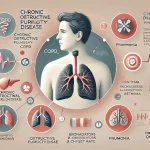
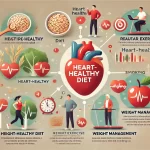
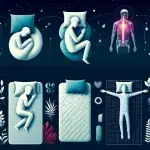
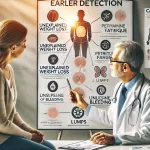


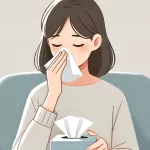 Previous Post
Previous Post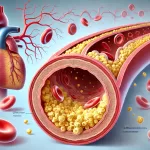 Next Post
Next Post